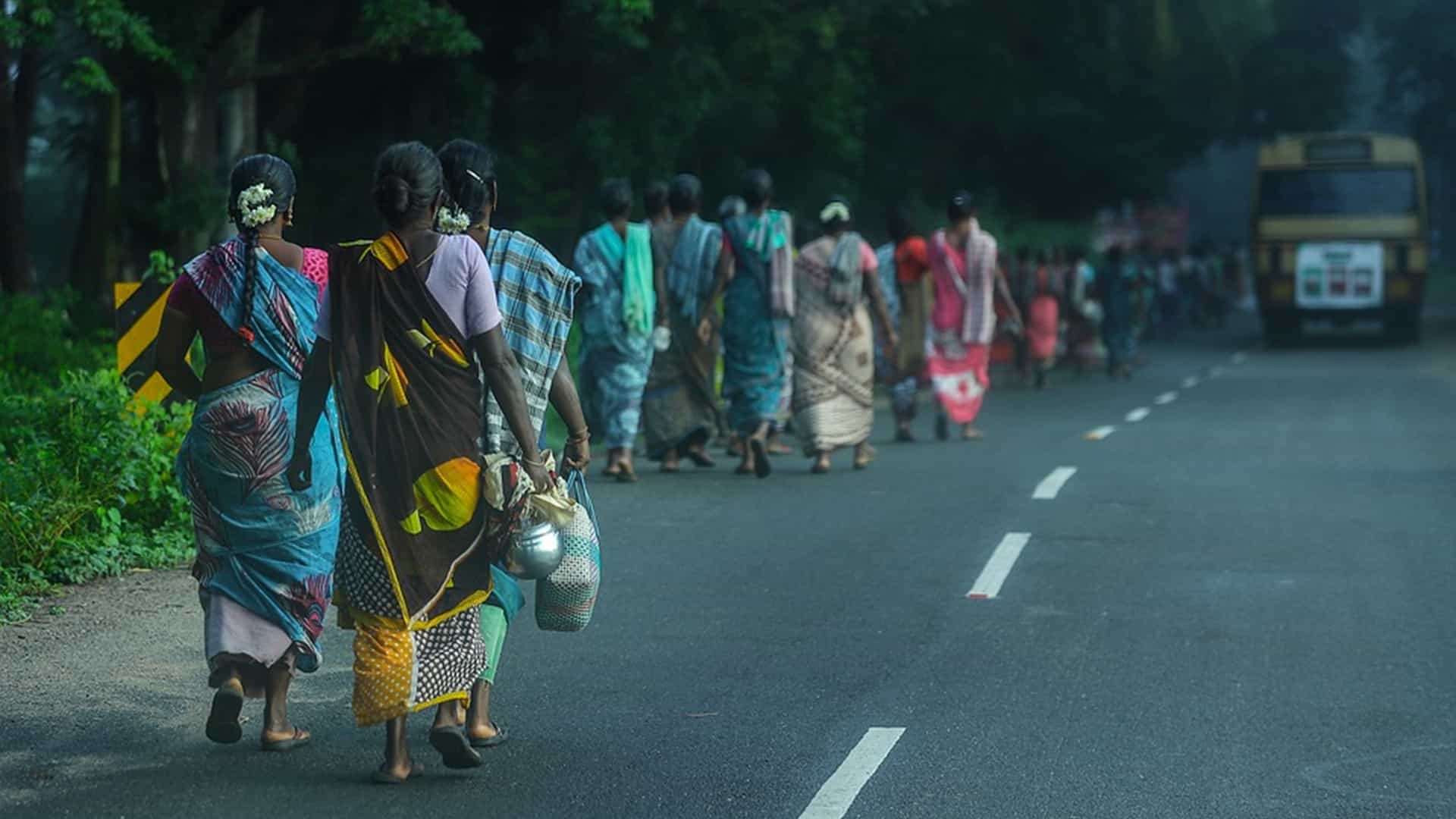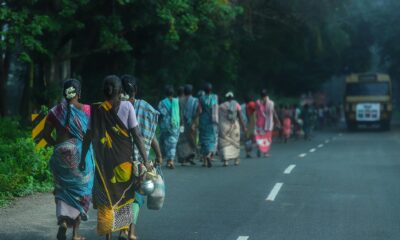Agriculture
Women play important role in farm sector growth, food security: Union Minister
Women’s contribution in the country’s farm sector has increased significantly and they play an important role in ensuring food security, Union Minister of State for Agriculture Kailash Choudhary said on Thursday.
He was speaking at a webinar ‘Women in Agri-startups: Creating Value with Supply Chain Management’ organised by the ministry.
Choudhary released an e-book depicting success stories of 75 progressive women farmers and women entrepreneurs to commemorate 75 years of ‘Azadi Ka Amrit Mahotsav’.
According to an official statement, Choudhary, while inaugurating the webinar, said “women’s contribution to the development of agriculture has increased manifold”.
Women play a decisive role in ensuring food security and preserving local agro-biodiversity, he was quoted as saying.
He further said that the role of women is not only confined to agriculture after India’s independence but their contribution is visible in all sectors including defence, space, administration, sports etc.
The minister also highlighted that the formation of farmer producer organisations will benefit women farmers in a revolutionary way.
“The agriculture sector employs 80 per cent of all economically active women; they comprise 33 per cent of the agricultural labour force and 48 per cent of self-employed farmers,” the statement said.
With women predominant at all levels of production pre-harvest, post-harvest processing, packaging and marketing of the agricultural value chain, it is imperative to adopt gender-specific interventions to increase productivity in agriculture, the ministry said.
Also Read: Apple introduces new online engagement series for developers
The government has tried to push the agenda of ‘Gender Mainstreaming in Agriculture’ by earmarking funds for women under various schemes/programmes and development interventions; and also introducing pro-women initiatives.
The focus is on the formation of women self-help groups (SHGs), woman federations and woman farmer producer organisations; capacity building interventions; linking them to microcredit; enhancing their access to information; and ensuring their representation in decision making bodies at various levels, the statement said.








































